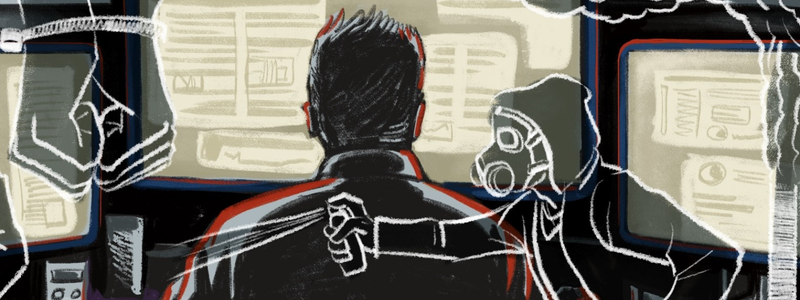Organizational Psychology of Homeland Threat Actors
Download the Year 6 project summary.
So What?
Organizational membership has changed significantly in recent decades. Take employment: 60 years ago, employees would take a job at one company and stay there for decades. This is not the case anymore, and extremist groups have seen similar changes in behavior patterns. To develop more effective counterterrorism responses, we need new models that more accurately reflect the shifting organizational and social dynamics of today’s terrorist groups.
Project Summary
This project will apply industrial and organizational (I-O) psychology to the emerging terrorism landscape, aiming to understand how people are drawn to and operate within terrorist groups in the U.S.
Purpose/Objectives
This project seeks to build a framework for understanding the nature of membership in the terrorism space, with a focus on FTO-designated cartels. It will outline social and leadership structures in cartels and other organizations, explore how these organizations interact with each other, and identify indictors for when a terrorist group will transition to violence.
Method
This project will use a range of methods, including systematic reviews of existing academic literature, interviews with subject matter experts and study of court cases, news reports, and other archival material involving terrorism.
Outputs and Impact
- Peer-reviewed academic publications
- Conference presentations.
- Briefings to interested members of the HSE
Research Team
Samuel Hunter, Ph.D.- University of Nebraska at Omaha
- Professor
- Department of Psychology
- Head of Strategic Operations at NCITE
- Expertise: Organizational psychology, innovation, and malevolent creativity
- University of Nebraska at Omaha
- Director of NCITE
- Professor
- Expertise: Extremist organizations and leadership
